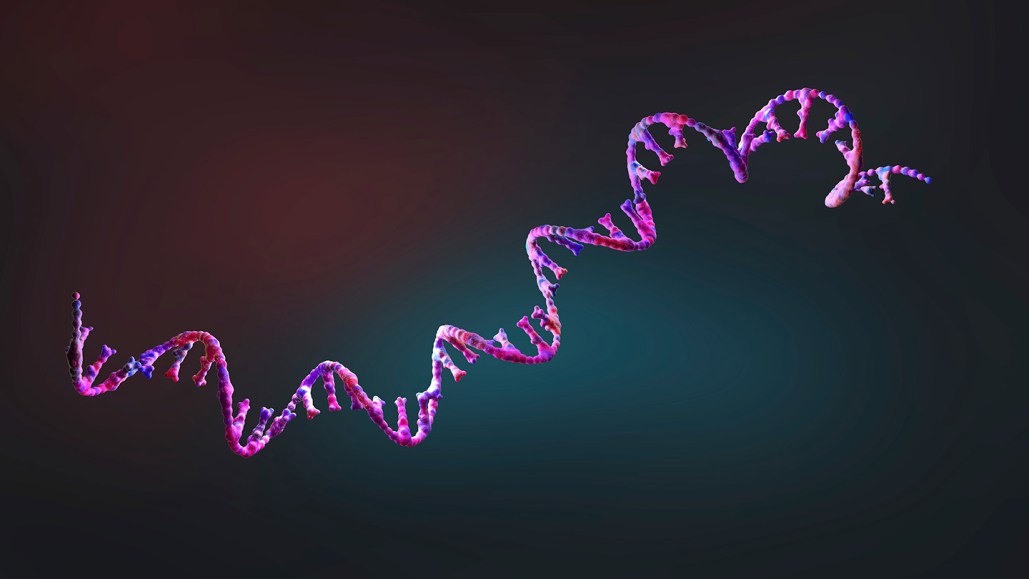Exploring the Superpowers of RNA with Thomas Cech's 'The Catalyst'

Highlighting RNA, a profound and often forgotten molecule, Thomas R. Cech takes a deep dive into its history and role in his new book: The Catalyst. The Nobel Prize-winning scientist has priced his work at $28.99, published by W.W. Norton & Co.
RNA is not only the protagonist of the biochemical narrative but also a subject of fascination for the author. Once viewed as a mere supporting character to DNA, Cech highlights RNA's unique abilities and its subsequent ascension to scientific stardom.
Cech, a biochemist from the University of Colorado Boulder, takes a detailed tour of RNA's biochemical characteristics. RNA, a single-stranded cousin of DNA, has capabilities far surpassing what was previously thought. Its role in genetic gymnastics could still be a mystery for many scientists, but Cech’s book takes a detailed look at such mesmerizing attributes.
Medicinal science is now looking at RNA as a solution to some of the most imperative medical issues. For instance, mRNA, a type of RNA, forms the backbone of two popular COVID-19 vaccines, and potentially future vaccines for other viruses, including cancer. In addition, small interfering RNA (siRNA), double-stranded aspects of RNA, can help control certain genetic diseases.
Cech, in The Catalyst, advocates for the importance of basic research. It's not always necessary for research to be directly linked to a specific disease, but a broader view can open up new horizons. For instance, the approval of the first CRISPR/Cas9 gene-editing therapy for sickle cell disease wasn't the result of focusing on genetic disorders, but of curiosities about bacterial genomes.
The author shares his own journey of discovery, stemming from an unlikely source: pond scum. Cech's research on Tetrahymena thermophila, a single-celled organism carrying thousands of copies of ribosomal RNA genes, led to the groundbreaking discovery of ribozymes, RNA with enzymatic properties. This shattered the pre-existing notion that only proteins could function as enzymes, earning Cech a Nobel Prize in Chemistry in 1989.
The author expresses concern that funders often overlook the importance of basic research. Cech argues against this trend, highlighting how breakthroughs often come from unexpected sources driven by scientific curiosity. However, he points out that funding has been reduced for studies regarding the basic biology of organisms like Tetrahymena.
As Cech contends, RNA’s story "demonstrates that many of our most promising drugs and therapies have come out of research driven by scientific curiosity alone." His words advocate for the need to recognize the potential in unexpected sources for valuable scientific discoveries.
The Catalyst by Thomas R. Cech can be purchased from Bookshop.org. Ends. Science News is a Bookshop.org affiliate and will earn commission on purchases made from links in this article.




